Fieldwork
This listing expired on May 31, 2020. Please contact jennarc@mailbox.sc.edu for any updated information.
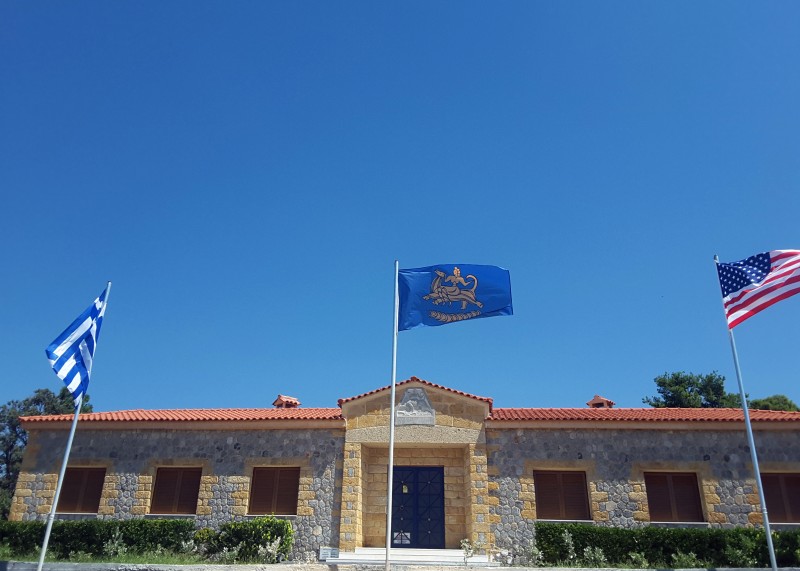
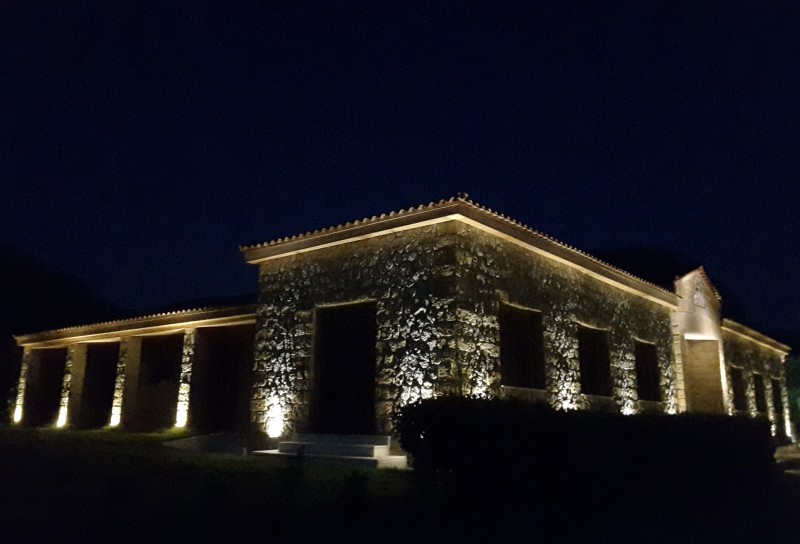
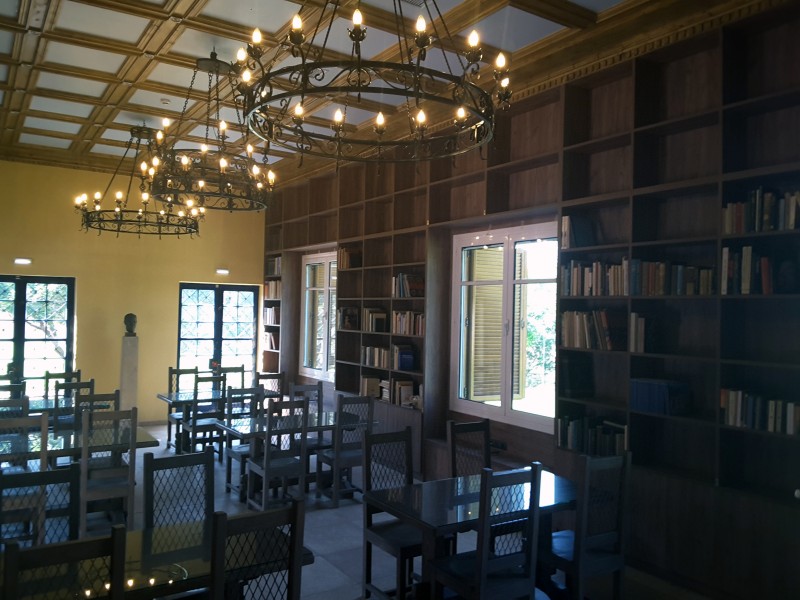
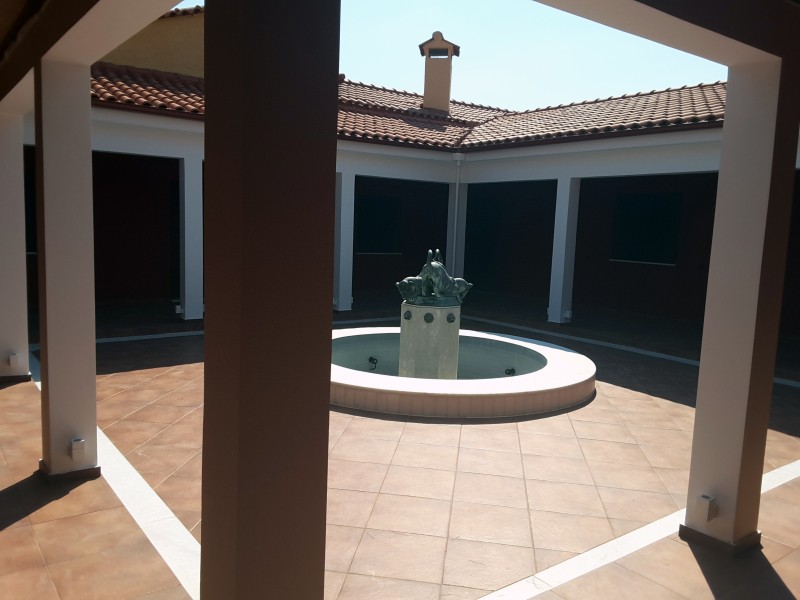
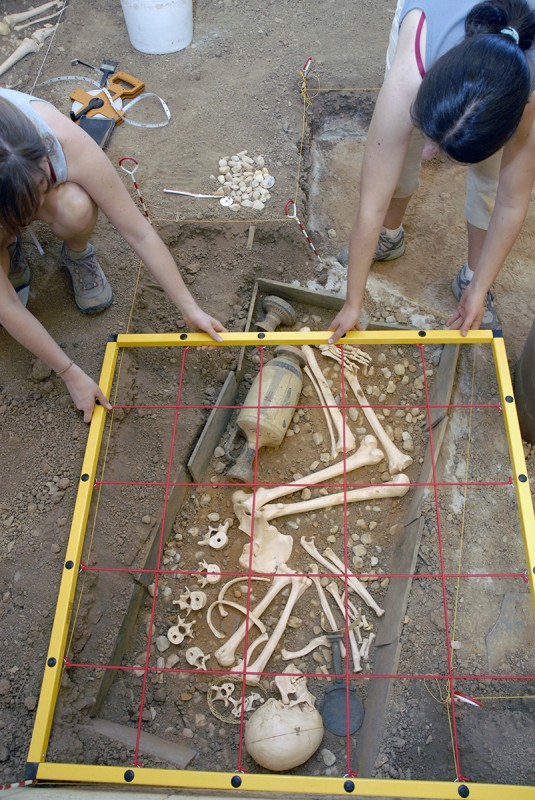
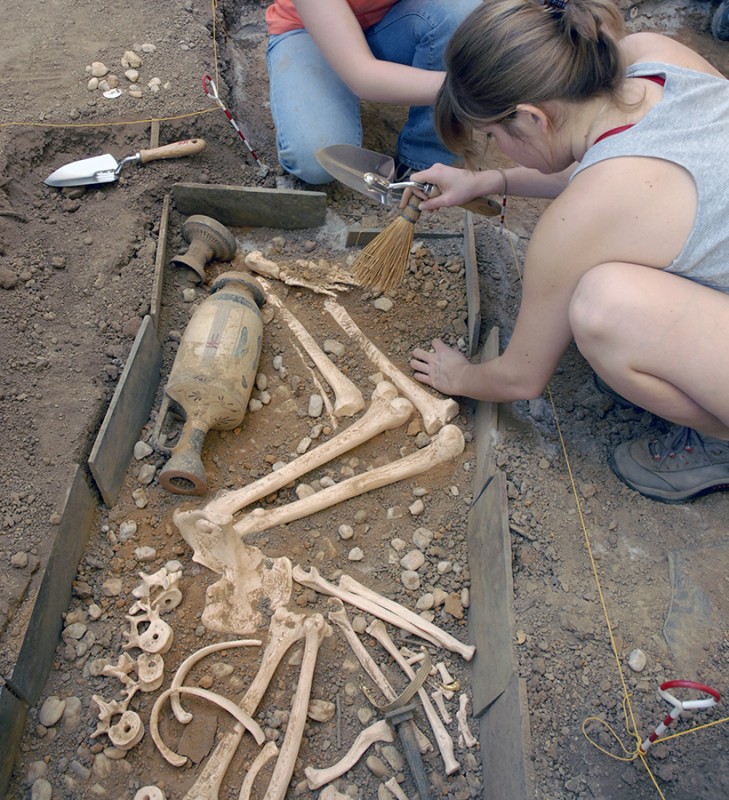
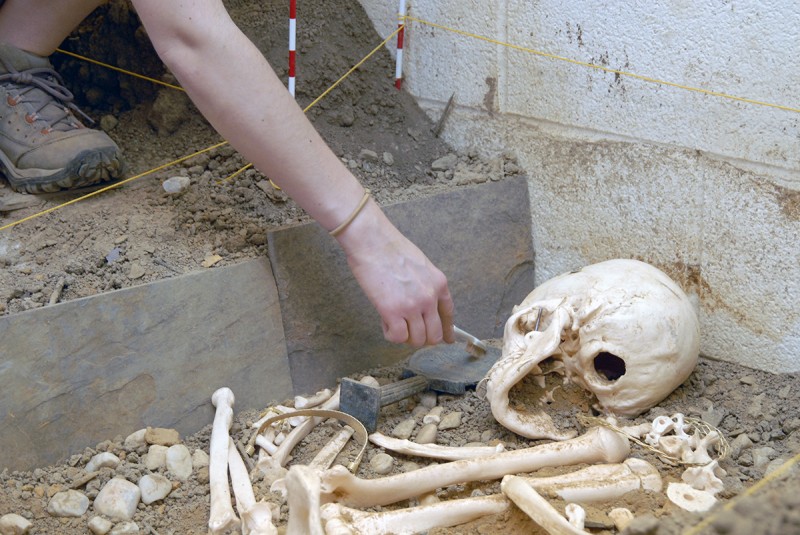
Location: Mykines, GR
Season: June 1, 2020 to June 30, 2020
Session Dates: Session 1: Spring Semester (February 1 - May 1, 2020) - cancelled Session 2: Maymester (May 12-31, 2020) - cancelled Session 3: Summer session (June 1 - 30, 2020) - scheduled to be offered
Application Deadline: May 31, 2020
Deadline Type: Rolling
Website: http://acamycenae.org
Program Type:
Field School
RPA Certified:
No
Affiliation:
Mycenaean Foundation and University of South Carolina
Project Director:
Prof. C. Maggidis (Dickinson College, Mycenaean Foundation) and A. Psychas (ACAM)
Project Description:
The A.TR.E.U.S. Comprehensive Fieldwork Certificate in Terrestrial & Maritime Archaeology (http://acamycenae.org)
A unique dig simulator of unparalleled complexity and unprecedented size (300 m2 or 3,000 sq. feet, 1-1.5 m deep) on the lowest terrace of the hillside, south of the ‘Melathron’ at Mycenae (Simulated Excavation Field) has proven highly efficient and pivotal for student training in archaeological fieldwork.
The A.TR.E.U.S. field program (Archaeological Training in Excavation and Underground Survey) and the dig simulator at Mycenae, which finds no parallel in Greece, facilitate intensive, interdisciplinary ‘hands-on’ education and practical field training for undergraduate and graduate students in real conditions in the controlled environment of a simulated excavation field (aerial, ground, and geophysical survey, excavation, restoration, digital applications). The dig simulator will also be made available to archaeologists of the Greek Archaeological Service so that they may be trained on the latest field methods and use of electronic equipment.
The dig simulator features reconstructed architectural ruins and diagnostic archaeological contexts (hearths, kiln, well, houses, shrine, cist and pit graves, a rock-cut chamber tomb, part of a collapsed fortification wall), plotted portable finds and spatial distribution of physical remains, including artifacts (reproduced pieces of pottery, figurines, jewelry, tools and weapons) and ecofacts (casts of human skeletons, animal bones and teeth, carbonized wood, organic remains and other bioarchaeological material), and reproduced stratigraphy filled with different types of sediment (occupation layers, destruction layers, floor levels, burnt deposits).
The students will be trained in:
In addition to the intensive field training course in the dig simulator (accredited by the University of South carolina), the students may also elect to participate in an intensive practical training in underwater archaeology workshop in collaboration with the University of the Peloponnese to earn a comprehensive fieldwork certificate in land/underwater archaeology (A.TR.E.U.S. Fieldwork Certificate).
The dig simulator will not only serve for field training, but will also facilitate experimental archaeology: faculty and students will be experimenting with the application of different geophysical survey methods (including pioneer methods, such as drone-mounted gradiometer) and their varying degree of effectiveness with different types of sediment, depths, and diagnostic contexts (melted clay, burnt mud brick, hearths, wells, graves, pressed earth floors, etc.), thus generating gradually a reference index for equipment behavior, which may prove invaluable in fieldwork for recognizing and identifying possible features in geophysical surveys.
Period(s) of Occupation: Dig simulator will contain contexts and finds ranging from the Mycenaean to the Classical/Hellenistic period.
Notes:
A.TR.E.U.S. Comprehensive Fieldwork Certificate in Terrestrial and Maritime Archaeology
Dig simulator (fieldwork training)
Organized field trips all over Greece
Archaeology courses and seminars
Project Size: 1-24 participants
Minimum Length of Stay for Volunteers: 3 weeks
Minimum Age: 18
Experience Required: None
Room and Board Arrangements:
Students will reside at Nafplion in fully furnished double-occupancy hotel rooms, air-conditioned/heated, with private bathrooms/shower and balcony, TV/wifi (Hotel Elena)
Main meal package (M-F) is available at an extra low cost.
Free daily transportation for the students to/from Mycenae by van; free transportation during organized group field trips and archaeological excursions; free entrance to archaeological sites and museums.
Cost: $4,500 - 5,100 (depending on session)
Academic Credit:
3 credits per course (accredited by the University of South Carolina): FARC101: Field Archaeology (A.TR.E.U.S. dig simulator); credits offered by University of South Carolina.
Tuition for FARC101 Field Archaeology:
Spring semester: part-time (one course): $5,100
Maymester: $4,500
Summer session: $5,100
Apply at https://www.sc.edu/about/offices_and_divisions/study_abroad/steps_to_study_abroad/compare_programs/uofsc_consortium_in_greece/index.php
Jenna Chudzicki
Study Abroad Office, University of South Carolina; 1705 College Street, Close-Hipp Suite 453
Columbia
SC
29208
USA
Phone: 803-777-7557
The AIA is North America's largest and oldest nonprofit organization dedicated to archaeology. The Institute advances awareness, education, fieldwork, preservation, publication, and research of archaeological sites and cultural heritage throughout the world. Your contribution makes a difference.
Notifications